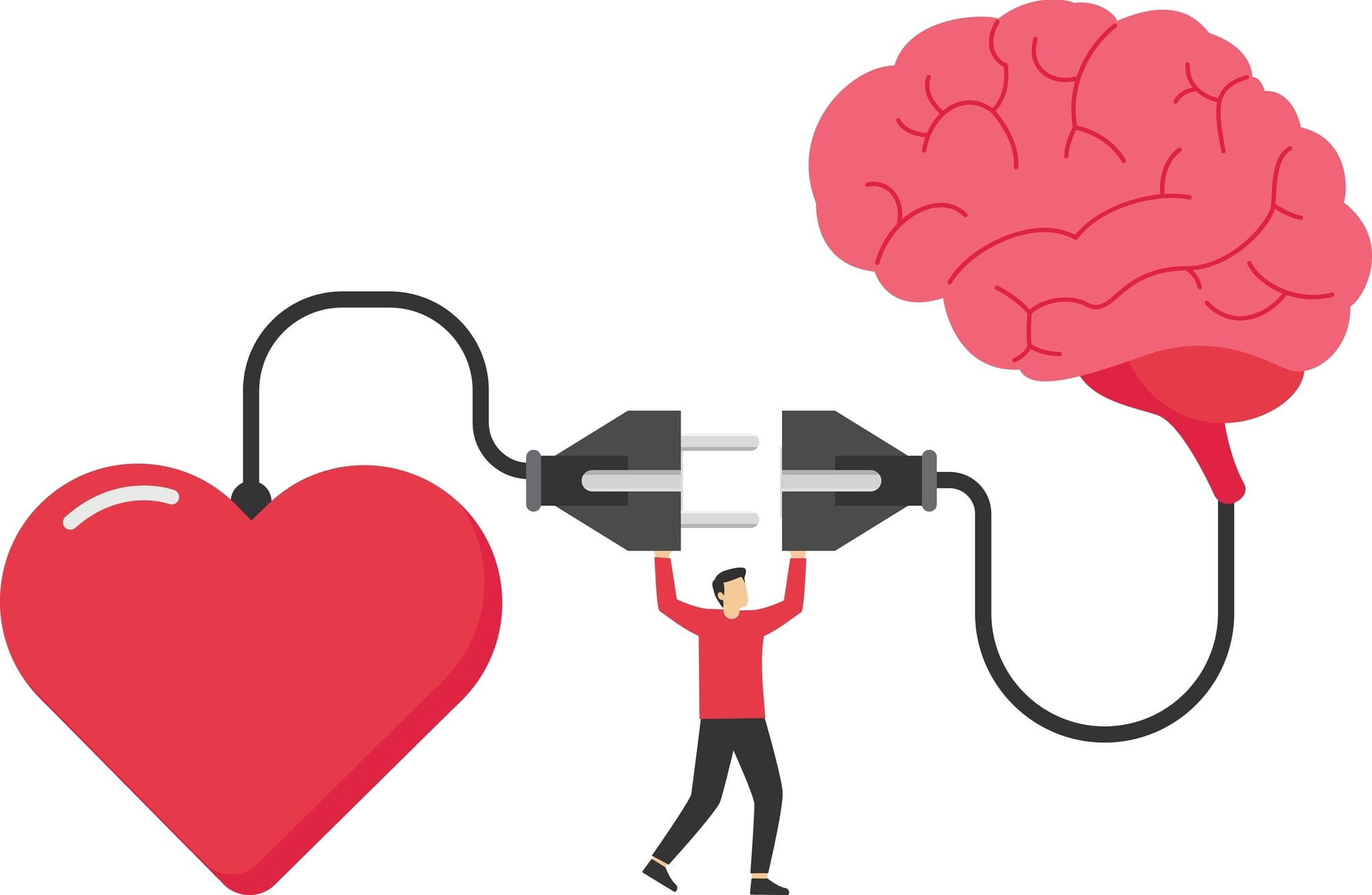
Take their money, deny care
Binary thinking blocks access to addiction support
I remember years ago when I lived in Christchurch. If you weren’t getting takeaways, you possibly wouldn’t have been able to go to Hanmer Springs for a family holiday. No pharmacy up there would dispense methadone. The closest pharmacy that might dispense would be in Rangiora, which would be an-hour-and-a-half-drive.
Really, you might as well drive an extra 25 minutes back home. That’s restrictive practice.
This is what happens when we build systems that block people out and adopt punitive approaches that facilitate stigma. My biggest concern is access. Access to help, access to support, access to services.
Often, those with the greatest need fall through the cracks, labelled as ‘bad people’ and ‘undeserving.’
A concept that is weaponised in policy as the “deserving” and “undeserving” and determining someone’s worthiness of help. That’s the stigma that sticks, and for some, a barrier to seeking help.
I know this well. I had a family member under the Mental Health Act from 1994 until the day he died. I remember a conversation with my mother, during an argument. She said to me, "You brought it upon yourself." That stuck with me. I knew my mother loved me, so it wasn’t that. Her response reflected societal attitudes. It was about how the general public perceive people who use drugs compared to people with mental health issues and how this is framed up and acted on.
Addiction disproportionately contributes to additional taxes through alcohol, tobacco and gambling levies and more recently proceeds of crime. The people who disproportionately pay these additional taxes are the people who are disproportionately excluded.
We need inclusive services. Services that say, "All welcome, come on in." Because no matter how good your service is, if you don’t let people in, who cares how good it is.
My experience of working as a support worker helped build my skills and knowledge to navigate the health system. So, when it came time to access services, I knew how to navigate the system to get the help I needed. What I became more concerned about was, for the people who didn’t, or in today’s context, don’t have the skills and knowledge to navigate what is essentially, a complex system.
I find some of the conversations around recovery, harm reduction and abstinence as binary, limiting and at risk of going backwards. There are multiple ways of viewing and experiencing the world and it’s more likely to be shades of grey as opposed to black and white.
When I started getting involved over thirty years ago, our only option was 12 Steps or nothing. I was on methadone; 12 Steps wasn’t going to be a place for me. It just wasn’t. There was a real need for something else.
Either you’re doing drugs or you’re abstinent. No. Get rid of that thinking. That’s not recovery.
The language of recovery has a long history and association with self-help fellowships like AA and NA. I like to acknowledge and honour whakapapa and to understand this history and its many layers within its context. I also find frameworks like CHIME as a helpful way to conceptualise a complex process in an inclusive way.
CHIME:
- Connectedness
- Hope and optimism
- Identity
- Meaning
- Empowerment1
I don’t like harm reduction and recovery being framed up like they are in opposition. The problem is, when we frame things up in a binary fashion, we don’t give people the tools to think and act in a nuanced way.
The ability to work with people, where they’re at, as opposed to where you think they should be, is essential. The alternative can speak volumes, where actions and words can imply “change” and interpreted as, “no, you don’t accept me as I am”. How we engage people, matters.
Change to what? Change to what you think they should be? That’s not working with people where they’re at. That’s not accepting people where they’re at. It’s stigmatising.
Recovery means something specific in AA and NA. It is not for me to redefine; that’s not my business. While the fellowships weren’t part of my journey, I absolutely believe and support it, because it works for others. It’s not about me. It’s about upholding everyone’s pathway and journey and not imposing my view or definition of recovery on others’.
Language is not just about changing names. It’s about discourse. It can be weaponised in contracts. If you’ve been around long enough, you know this can and has happened.
Recovery became part of the discourse in mental health back in the 90s and led by Mary O’Hagan and the Mental Health Commission. The concept of recovery was being reframed, and I could see a philosophical alignment with aspects of harm reduction. There was room for people like me, on medications like methadone could be included.
Upholding someone’s right to identify themselves and use language of their choosing is paralleled by the language used to describe the collective. I prefer to use language that takes a people first approach, avoiding labels and stereotypes such as addict and alcoholic. The language we use can ignite social stigma and the “deserving and undeserving” discourse, unintentionally undermining efforts to challenge stigma and discrimination.
By adopting inclusive frameworks, and thinking and acting in a nuanced way, we can create an environment that challenges a binary construct and barriers to access.


